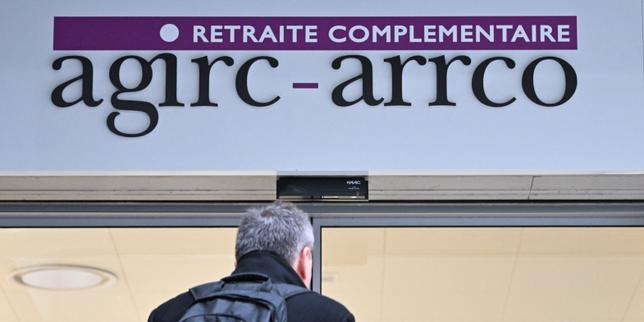No Increase in Private Sector Complementary Pensions in November 2025 Amid Failed Negotiations
Agirc-Arrco confirms no increase in private sector complementary pensions for November 2025 due to stalled negotiations between unions and employers, impacting 14 million retirees amid economic and political challenges.
- • Agirc-Arrco will not revalorize pensions on November 1, 2025, due to failed negotiations.
- • About 14 million private sector retirees are impacted by this decision.
- • Unions criticize the employer proposal of a 0.2% increase as insufficient; CFDT says 0.6% was viable.
- • Agirc-Arrco reserves exceed 85 billion euros; pension point value will remain unchanged in 2026.
Key details
Agirc-Arrco, the organization managing complementary pensions for France's private sector employees, announced on October 17, 2025, that there will be no revalorization of these pensions on November 1, 2025, due to a deadlock in negotiations between employer representatives and labor unions. This decision affects approximately 14 million retirees who depend on the complementary pension scheme. The annual adjustment typically considers inflation rates, economic conditions, and the financial reserves of the pension fund, but in 2025, no agreement was reached.
Negotiations were hindered by differing views: employer groups proposed a minimal increase of 0.2%, which unions deemed unacceptable given the stability of the pension fund and the anticipated economic pressures on retirees. The French labor union CFDT criticized employers for the failure of the talks, stating that a 0.6% revalorization would have been financially viable and sustainable, allowing Agirc-Arrco to maintain financial equilibrium for the next 15 years. Inflation projections for 2025 stand at about 1%, and the government’s plan to freeze base retirement pensions in 2026 further complicated negotiations.
Agirc-Arrco currently holds over 85 billion euros in reserves and follows a financial stability rule requiring it to retain at least six months’ worth of pension payments. Despite this, the purchasing value of the Agirc-Arrco pension point will remain unchanged as of January 1, 2026. This contrasts with previous years, such as 2024, when pensions saw a 1.6% increase.
The annual meeting between social partners is normally a key moment to adjust pension values according to economic realities, but this year’s failure reveals growing tensions amidst French pension reforms and ongoing debates about the financial sustainability and fairness of the system. Unions continue to push for adequate increases to protect retirees’ purchasing power against inflation and economic challenges.
As the pension debate persists in France, the lack of pension revalorization raises concerns among retirees and social advocates about maintaining living standards in coming years amid government policy shifts and economic uncertainty.
This article was translated and synthesized from French sources, providing English-speaking readers with local perspectives.
Source articles (2)
Source comparison
Latest news
Katy Spicher Sues French State for Denial of Justice Over Unsolved 1983 Murder of Her Mother
French Public Sees Rise in Political Violence Amid Pre-Municipal Election Tensions
Businesses Drive French Economy Amid Rising Financial Challenges for Youth
France Climbs to 4th Place in 2026 Winter Olympics Medal Table After Biathlon Relay Gold
XV de France to Field Largely Unchanged Lineup Against Italy in Six Nations
France and India Deepen Strategic Partnership with Focus on AI Regulation and Defense Cooperation
The top news stories in France
Delivered straight to your inbox each morning.


